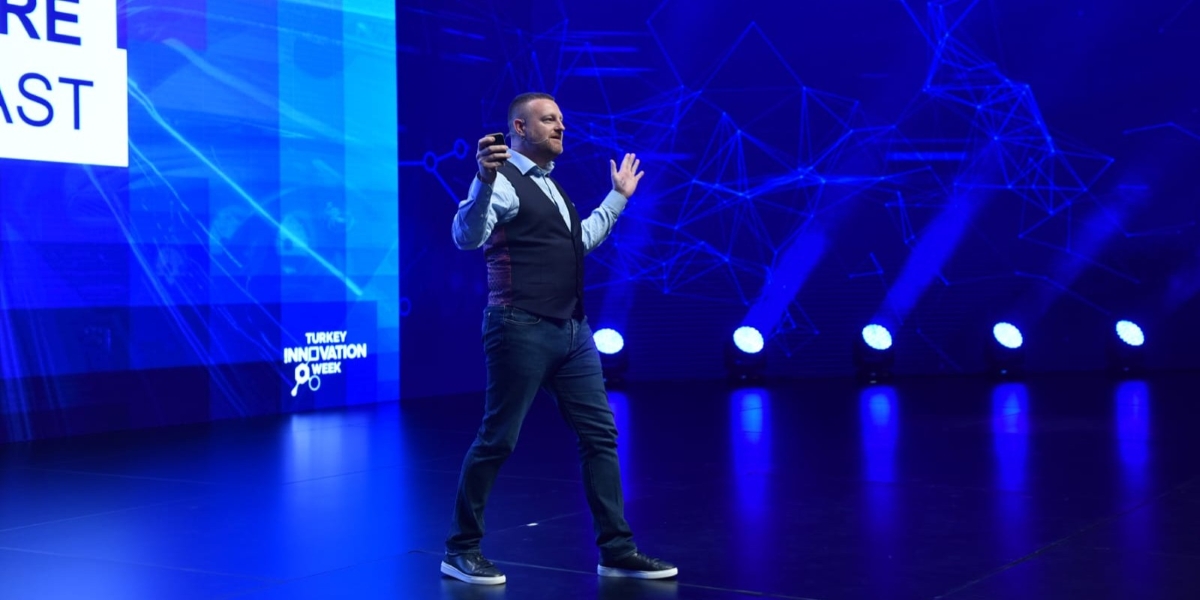In today’s fast-paced digital world, technology plays an integral role in our daily lives. From social media and work emails to streaming services and instant messaging, we are constantly connected. While technology has brought numerous benefits, excessive screen time and digital consumption can take a toll on our mental and physical well-being. This is where a digital detox—a temporary break from digital devices—can be beneficial.
An occasional digital detox allows individuals to reset their minds, improve productivity, enhance interpersonal relationships, and promote overall well-being. This article explores the many advantages of digital detoxing, backed by insights from high-authority sources.
Read also: The Benefits of Reducing Screen Time at Night for Better Sleep
Mental Health Benefits of a Digital Detox
Reducing Stress and Anxiety
Constant exposure to digital media can contribute to stress and anxiety. The overwhelming influx of information, social media comparisons, and pressure to stay connected can increase mental strain. Engaging in a digital detox allows the mind to unwind and focus on the present moment without external digital distractions. Studies have shown that limiting digital engagement can lower cortisol levels—the hormone responsible for stress—leading to a more relaxed and balanced state of mind.
Improving Mood and Emotional Well-Being
Stepping away from digital devices, especially social media, has been linked to improved mood and greater overall well-being. Many individuals experience FOMO (fear of missing out) or negative self-perception when exposed to curated online content that portrays unrealistic lifestyles. Taking a break from social media and digital notifications reduces comparison-driven stress and allows individuals to appreciate their own lives more fully, leading to increased happiness and contentment.
Enhanced Focus and Productivity
Minimizing Digital Distractions
One of the biggest challenges of the digital age is maintaining focus amidst constant distractions. Emails, social media notifications, and instant messages often disrupt workflow and reduce efficiency. A digital detox can help individuals reclaim their attention span by minimizing interruptions, allowing them to engage in deep work without frequent distractions. With fewer digital interruptions, individuals find it easier to stay on task and complete projects more efficiently.
Boosting Task Completion and Efficiency
When distractions are minimized, cognitive function improves. Research has shown that multitasking with digital devices reduces productivity and increases errors. Taking time away from screens enables individuals to work with greater focus, leading to faster and more effective task completion. Many people find that after a digital detox, they can engage more deeply in their work and hobbies, leading to an overall boost in creativity and problem-solving skills.
Improved Sleep Quality
Reducing Blue Light Exposure
The blue light emitted by screens can disrupt natural sleep cycles by inhibiting the production of melatonin, the hormone that regulates sleep. Prolonged exposure to screens before bedtime has been linked to difficulty falling asleep, restless nights, and daytime fatigue. Engaging in a digital detox—especially in the evenings—helps reset sleep patterns and improves sleep quality. By reducing screen time before bed, individuals experience deeper, more restorative sleep, leading to greater overall well-being and productivity.
Strengthened Interpersonal Relationships
Enhancing Presence in Social Interactions
In today’s digital era, many social interactions occur through screens rather than face-to-face conversations. While digital communication has its benefits, it can also diminish real-life social engagement. A digital detox encourages individuals to be more present during conversations and interactions, leading to stronger and more meaningful relationships. Whether at home, work, or social gatherings, reducing screen time fosters deeper connections and improves communication quality.
Improving Communication Skills
Frequent reliance on texting and online messaging can weaken real-life communication skills. Non-verbal cues, such as body language and tone of voice, play a crucial role in effective communication. Engaging in more face-to-face conversations—without the distractions of digital devices—enhances listening skills, empathy, and emotional intelligence, making social interactions more meaningful and fulfilling.
Physical Health Benefits of a Digital Detox
Reducing Eye Strain and Headaches
Prolonged screen time can cause digital eye strain, dry eyes, and headaches due to excessive exposure to artificial light. Staring at screens for extended periods forces the eyes to work harder, leading to discomfort and fatigue. Taking regular breaks from screens allows the eyes to rest and recover, reducing the risk of long-term vision problems.
Improving Posture and Reducing Muscle Tension
Excessive use of smartphones and computers often leads to poor posture, which can result in neck, back, and shoulder pain. Many people unconsciously hunch over their screens for hours, leading to muscle strain and spinal misalignment. A digital detox encourages individuals to engage in more physical movement and adopt healthier postural habits, reducing musculoskeletal issues associated with prolonged screen use.
Rediscovery of Offline Activities
Engaging in Hobbies and Creative Pursuits
When people unplug from digital devices, they often rediscover hobbies and activities that bring them joy. Reading, painting, playing a musical instrument, or engaging in outdoor activities can be fulfilling alternatives to screen-based entertainment. A digital detox creates opportunities for self-expression and creativity, helping individuals cultivate new skills and interests.
Increasing Physical Activity
Many individuals spend long hours sitting in front of screens, leading to a sedentary lifestyle. Reducing digital engagement encourages people to be more physically active, whether through exercise, outdoor activities, or sports. Increased movement improves cardiovascular health, boosts energy levels, and enhances overall well-being. A digital detox naturally encourages a healthier and more active lifestyle.
Enhanced Self-Awareness and Mindfulness
Encouraging Mindfulness and Mental Clarity
Being constantly connected to digital devices often prevents individuals from fully experiencing the present moment. A digital detox promotes mindfulness by allowing individuals to focus on their surroundings, thoughts, and emotions without digital distractions. Practicing mindfulness can reduce stress, enhance emotional regulation, and improve overall life satisfaction.
Improving Emotional Regulation
Constant exposure to digital media, particularly social media, can lead to emotional exhaustion. Engaging in a digital detox helps individuals become more in tune with their emotions and allows them to process feelings more effectively. Without the constant influx of notifications and external stimuli, individuals experience greater emotional stability and reduced overwhelm.
Read also: Maximize Your Days Off: Essential Tips for a Balanced and Fulfilling Life
The Long-Term Benefits of a Digital Detox
The occasional digital detox offers both immediate and long-term benefits. Over time, individuals who engage in regular digital detoxes develop healthier technology habits and learn to balance screen time with real-world interactions. Many people find that after a detox, they return to their digital devices with a greater sense of control and awareness. Instead of mindlessly scrolling through social media or checking emails out of habit, they become more intentional in their digital consumption.
By incorporating digital detoxes into their routine, individuals can enhance their mental clarity, boost productivity, improve their health, and foster deeper relationships. Whether it’s a short break from social media, a weekend without screens, or structured time away from digital devices, disconnecting from technology can lead to a more balanced and fulfilling life.
In an era where digital devices dominate daily life, the occasional digital detox is essential for maintaining mental, physical, and emotional well-being. By taking a step back from screens, individuals can reduce stress, enhance focus, improve sleep, strengthen relationships, and rediscover offline activities that bring fulfillment.
A digital detox is not about permanently abandoning technology but rather finding a healthy balance between online and offline life. By setting boundaries around screen time and engaging in regular detox periods, individuals can develop a more mindful and intentional relationship with technology, leading to greater overall well-being. Whether it’s a few hours a day, a weekend retreat, or a structured break from screens, unplugging from the digital world can provide long-lasting benefits that enhance every aspect of life.








